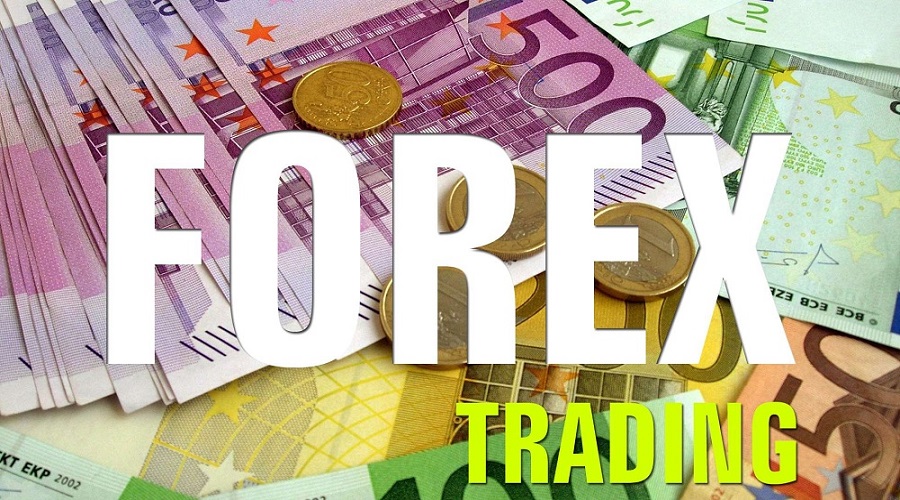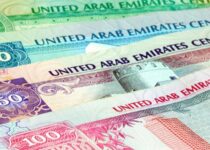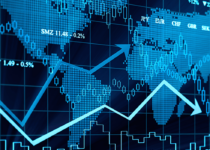How to start forex trading in Dubai
Last updated on October 4, 2023

Starting forex trading in Dubai involves several steps, including understanding the forex market, selecting a reputable broker, creating a trading plan, as well as adhering to regulatory requirements. Here is a step by step guide on how to start forex trading in Dubai
How to start forex trading in Dubai
Educate yourself: first step to understand how to start forex trading in Dubai is learning. So it is essential to understand the forex market thoroughly. Learn about the basics of forex trading, including currency pairs, trading strategies, technical and fundamental analysis as well as risk management.
Regulation and Oversight
The Dubai forex trading market is highly regulated. So the primary regulatory authority overseeing forex trading in Dubai is the Dubai Financial Services Authority (DFSA) which acts as a self-regulatory organization. Forex brokers operating in Dubai must be register with the DFSA. These regulations are in place to protect traders and ensure fair trading practices.
Currency Pairs and Market Hours
The Dubai forex trading market offers a wide range of currency pairs, including major, minor, and exotic pairs. The most commonly traded currency pairs include EUR/USD, USD/JPY, GBP/USD, and USD/CHF, among others. The Dubai forex trading market operates 24 hours a day, five days a week. It begins trading in the Asia-Pacific region on Sunday evening and continues until the North American session closes on Friday afternoon (Eastern Time). This continuous operation allows traders to take advantage of global forex market movements.
Leverage and Margin
In DUBAI, forex trading is subject to leverage restrictions imposed by the DFSA. Leverage limits are set to protect traders from excessive risk. Retail traders are typically limited to leverage of 50:1 on major currency pairs and 20:1 on minor and exotic pairs. But traders in the Professional level may have access to higher leverage.
Retail vs. Institutional Trading
The Dubai forex trading market caters to both retail and institutional traders. Retail traders are individual traders and investors, while institutional participants include banks, hedge funds, and other financial institutions. Retail traders can access the market through online forex brokers.
Choose a Reliable Broker
Selecting a reputable forex broker is crucial. Ensure that the broker is regulated by a recognized authority, such as the Dubai Financial Services Authority (DFSA) or another respected regulatory body. Select a broker that offers a user friendly forex platform; low level of spreads, and high level of customer support.
Practice with a Demo Account
To know how to start forex trading in Dubai you need to do some practice. Most of the brokers offer demo accounts where you can practice trading with virtual money. This is a superb way to get some know-how of forex trading.
Open a Trading Account and Fund Your Account
After choosing a broker, you’ll need to open a trading account with them. Provide the required documentation, including proof of identity and address, to complete the account registration process.
Deposit funds into your trading account. Most brokers offer various deposit methods, including bank transfers, credit/debit cards, and e-wallets. Choose a method that suits you best.
Develop a Trading Plan
A precise trading plan is vital for the winning in forex trading. Your plan should include your trading goals, risk tolerance, preferred trading strategies, and money management rules. Stick to your strategy and do not do rash decisions in trading.
Start forex Trading
Once you are comfortable with your trading plan and have practiced enough on a demo account, you can start trading with real money. Always start with a low lot sizes and then go high once you gain some experience.
Monitor the Markets and Keep Records
Stay informed about economic events, news releases, as well as market trends that may impact your trades. So use technical and fundamental analysis to make informed trading decisions.
Maintain detailed records of your trades, including entry as well as exit points, trade size, and outcomes. In this way you can monitor your trading and make basic changes to your trading strategy.
Market Participants
Dubai forex trading market attracts a diverse range of participants. That is retail traders, institutional investors, multinational corporations, and speculators. The market’s liquidity as well as accessibility make it a popular choice for currency trading.
It’s important to note that forex trading carries a high level of risk, and trading decisions should be made with careful consideration of your risk tolerance, financial goals, and trading strategy. Due to the regulatory framework, traders in the DUBAI benefit from a degree of protection, but it’s essential to conduct thorough research and choose a reputable broker to participate in the market safely.


